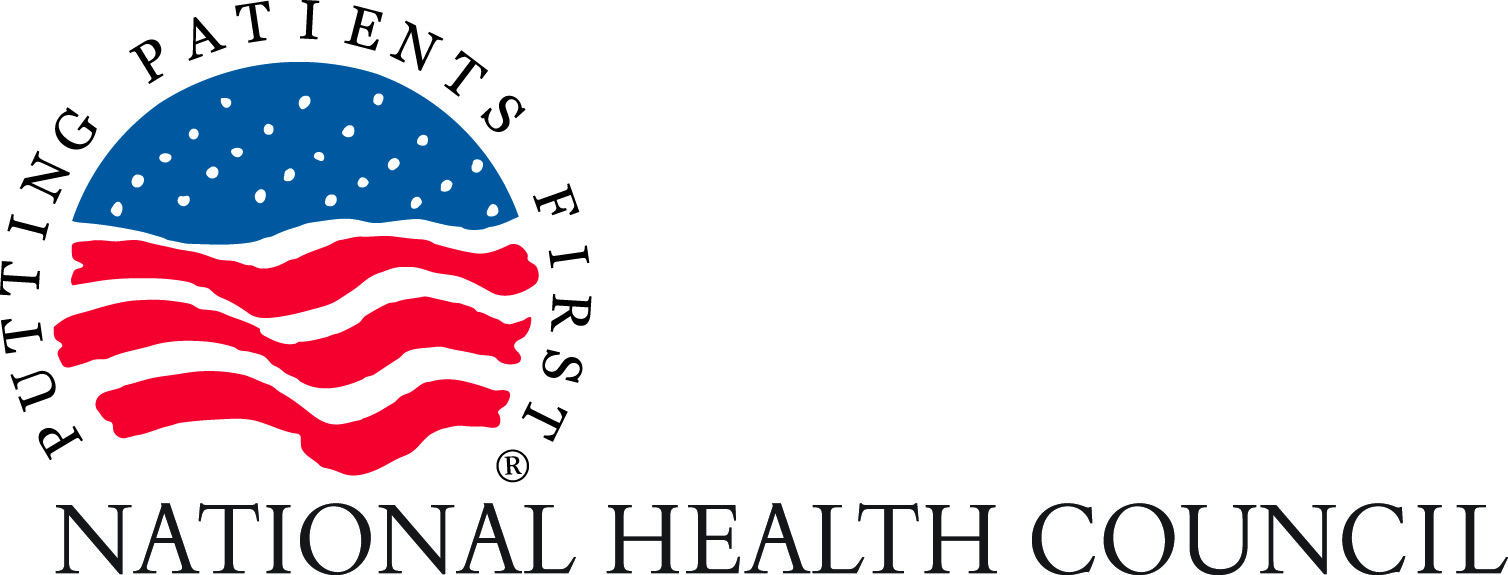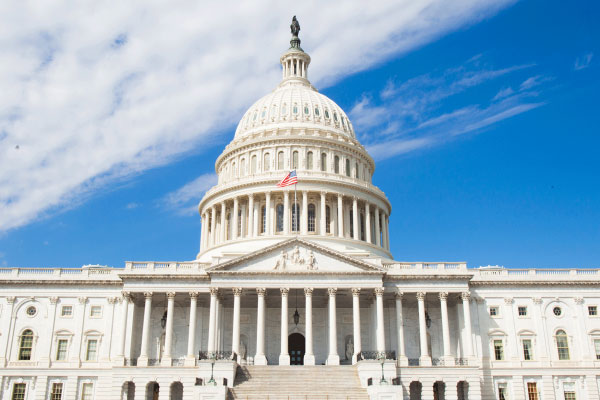NHC Comments on CMS Payment Rules
10/26/2020
By Maddie Mason, Senior Associate, Policy
The National Health Council (NHC) submitted two sets of comments to the Centers of Medicare and Medicaid Services (CMS) earlier this month.
Medicare Program: Hospital Outpatient Prospective Payment System
The first set of comments was on the Hospital Outpatient Prospective Payment System (CMS-1736-P). The NHC chose to provide feedback because while the proposed changes will mostly affect the relationship between the provider and Medicare, there are some proposals that could impact patients. The two areas the NHC specifically addressed in this letter were new requirements for reauthorization and phasing out of the inpatient only list.
New Requirements for Reauthorization
CMS proposed adding two new service categories that would be subject to the prior authorization process. The NHC urged CMS to reconsider this proposal by setting a much higher bar for adding services to the prior authorization list and to take a patient-centered approach by working with patient organizations to determine the value and importance of services to patients before instituting new barriers to care. The NHC asked that CMS not move forward with this proposal unless there is a process for patient engagement and an oversight and analysis mechanism for the existing services subject to prior authorization.
The NHC is aware that there is a need to ensure that all services are necessary and effective, but prior authorization can insert a barrier between the patient-provider relationship and can delay necessary and life-saving care.
Phasing Out of the Inpatient Only List
CMS is proposing to eliminate inpatient-only lists in a three-year phase. The NHC is appreciative of the effort because it will help reduce unnecessary restrictions in places where patients receive care, but we urged CMS to ensure that certain protections are put in place in the process. As the list is eliminated, CMS should work alongside patients, their providers, and patient advocacy groups to assure that patient can still pursue both inpatient and outpatient options, depending on what will produce the best outcome for the patient.
To see all of the NHC recommendations to CMS, please read our letter.
Medicare Physician Fee Schedule
The NHC also provided comments on CMS’s 2021 Payment Policies under the Physician Fee Schedule (CMS-1734-P). We have commented in support of CMS’ efforts throughout the COVID-19 Public Health Emergency (PHE) on increasing ways that an individual can access needed health care and minimizing the burden on providers as they navigate how to enable clinically appropriate options for their patients to receive necessary care. Additionally, the NHC applauded CMS on their measured approach to updating and evolving the Quality Payment Program (QPP).
Proposal to Expand Access to Telehealth Services
The NHC supported CMS’ proposal to expand access to telehealth services, and call for regulations regarding telehealth services to meet the following principles to ensure Medicare beneficiaries have a robust set of options for accessing needed health care:
- Improve access through equitable coverage;
- Improve access by easing technology barriers;
- Preserve and promote patient choice;
- Remove geographic restrictions;
- Protect patients and provider legal rights; and
- Increase the evidence base for telehealth.
In addition, the NHC emphasized the importance of extending telehealth flexibilities through the calendar year in which the PHE expires, as this additional period beyond the PHE is crucial to protect people with chronic conditions.
Efforts to Clarify Requirements for Remote Patient Monitoring (RPM) Services
The NHC supported CMS’ temporary revision of its Medicare payment policies to loosen the RPM Reimbursement requirements because it removes a barrier to promote the health and safety of patients.
Determination to Double the Complex Patient Bonus from 5 Points to 10 Points for Performance Year 2020
The NHC is appreciative of CMS ‘proposal to increase the value of the complex patient bonus from five to 10 points, as we share CMS’ concern that the complex patient bonus represents a short-term solution to an inherent and unrelenting reality that patients with complex conditions require more costly care, and clinicians should not be penalized for delivering the care these patients need.
We urged CMS to engage the patient community in developing system-wide quality measures and resource-use methodologies that capture the clinical realities associated with caring for patients with chronic diseases and disabilities.
Proposal to Delay Implementation of the Merit-Based Incentive Payment System (MIPS) Value Pathway (MVP) Initiative under the Quality Payment Program (QPP)
We appreciate CMS’ commitment to transforming health care delivery toward patient-centered care, innovation, and outcomes that are important to patients under the MVP initiative, and also agreed with CMS’ proposal to delay implementation of the MVP initiative until 2022 to receive further stakeholder input. The NHC believes the MVP initiative will enable patients to have a greater opportunity for improvement on health outcomes most important to them, and had previously asked CMS to delay the MVP implementation to further engage the stakeholder community, particularly patients, to ensure that considerations related to individuals with chronic conditions and disabilities are incorporated into the MVP transition.
To see all of the NHC recommendations to CMS, please read our letter.

